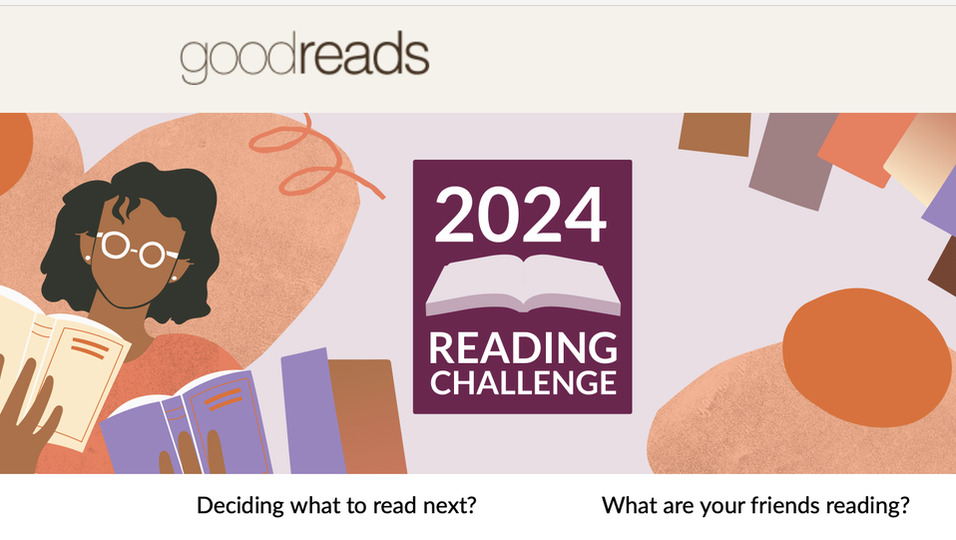|
When I order something online, I almost always read the reviews first. If they're negative, that makes the decision for me. If they sound like they're from a cranky pants who would pick apart the precision of a Swiss watch, I ignore them and carry on. Most of us don't think about reviews much. Usually we give credence to what our friends say about certain products/movies/books, etc but not always. Sometimes we want what we want and that's all there is to it. But for writers, there's nothing more valuable than reviews. For those like myself who are unknown, this is especially true. Many readers make choices based on nothing more than the opinions of others. They may like the sound of the plot, or the image on the cover, or the blurb on the back, but if there aren't a few solid four or five stars, they're just as likely to scroll on by. After all, there are so many others to choose. Reviews hinge on one thing: trust. Goodreads is the largest online book platform, bought by Amazon in 2013. Last year, its members produced 26M book reviews and 300M ratings. For many readers, it's the Bible for book buying. Readers review; writers hope they're favorable. All based on an unwritten assumption of trust. So the recent Goodreads controversy lays bare a particularly insidious manipulation to gain readers. It also uncovered deeper questions about Goodreads's outsized impact on the publishing industry. For some authors, it has become a toxic work environment that can sink a book before it's even published. Debut author, Cate Corrain used fake accounts to “review bomb” her perceived rivals. She acknowledged using multiple pseudonyms to trash novels on Goodreads and later posted an apology on Instagram, attributing her actions in part to struggles with mental health and substance abuse. Corrain had a two-book deal with her first novel scheduled to come out this year. After the review fiasco, her publisher and agent announced they would no longer work with her and the deal was cancelled. Ouch. The platform has been involved in previous controversies over online comments. In 2022, author Elizabeth Gilbert postponed a historical novel set in Siberia after hundreds of users criticized the book, which had yet to be published, as insensitive amid Russia’s invasion of Ukraine. Another author, Sarah Stusek, appeared to take offence when a Goodreads user gave her debut novel four stars instead of five and commented that the “ending was kind of predictable, but other than that it was incredible”. Stusek berated the user on TikTok, drawing widespread criticism and ultimately losing her publisher. Reputable publications such as the Guardian, the New York Times and the Washington Post hold journalists and reviewers to professional standards. Goodreads lacks such oversight, the main reason why it has a terrible reputation. Critics stay far away from it and many writers do the same by not even posting their book on the platform. Goodreads say it is addressing the challenges, but the drumbeat of controversies continues and many detect its influence is waning. For my part, I make book buying decisions on literary critic reviews, the opinion of people I know, and sometimes award nominations. If you're going to base yours on anonymous people on Goodreads, reader beware. And if you do leave reviews, remember, there's an author behind it all just trying their best. Be kind with your criticism. Stay safe, stay warm. And in the meantime, happy reading. Joni
0 Comments
|
Archives
July 2024
Categories |

 RSS Feed
RSS Feed
